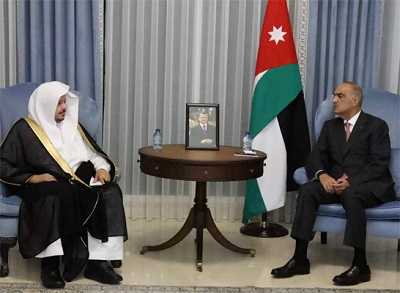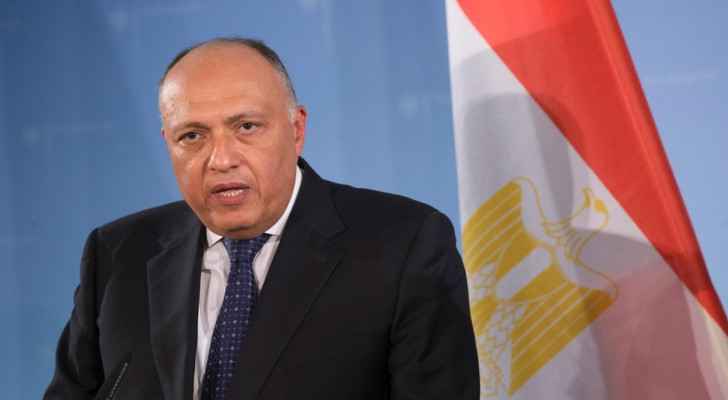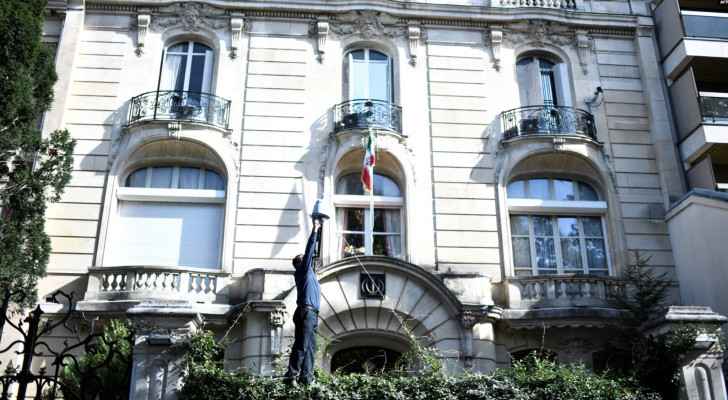Why did Nasrallah suggest peace with ISIS? - By Nadim Koteich, Asharq al-Awsat
When senior Hezbollah figure Mustafa Badreddine was killed in Syria, the Lebanese party quoted him as saying: “I’ll return from Syria either as a martyr or crowned with victory, or I won’t return at all.” He did not achieve victory in Syria.
Nor will Hezbollah leader Hassan Nasrallah. Of all the fighting undertaken by the Iran-backed militia, the Syrian conflict – particularly the battle for Aleppo – has killed the largest number of its leaders and fighters. Given his many achievements, Nasrallah thought he was unstoppable.
Unlike Hezbollah, Hamas has not achieved many victories against Israel, though it has been in multiple wars similar to the ones Hezbollah waged against Israel. Missiles were repeatedly fired against Israel, which responded with total destruction. Then a political solution was reached, restoring the pre-war status quo.
Even when Israel unilaterally withdrew from Gaza, Hamas did not claim victory, like Hezbollah did when Israel unilaterally withdrew from southern Lebanon. Hezbollah wants to bury the memory of Israel’s retreat, an electoral move made by then-Prime Minister Ehud Barak with enormous public support.
As with the Gaza withdrawal, it was a unilateral Israeli political decision, not a consequence of the resistance, as Hezbollah claimed. Like Hamas, Hezbollah left behind a free piece of land draped in misery and civil strife. Gaza’s horrors are mostly linked to the chains of Israeli politics from which Lebanon broke free.
Nasrallah is obsessed with portraying himself and his party as all-time winners, an image reinforced by allied media outlets and opportunistic, dreamy and confused elites in Lebanon and the Arab world.
Reality check
However, in Aleppo specifically and Syria generally, Nasrallah has lost his best fighters, including Badreddine. The Hezbollah leader would have never thought that on the 10th anniversary of the July 2006 war with Israel, he would be begging Al-Nusra and the Islamic State of Iraq and Syria (ISIS) to make peace.
Since Russia got involved in the Syrian war about a year ago, the militias have just been the fuel stoking the flames. Nasrallah would realize that sooner or later and adopt a different rhetoric regarding the Sunnis in Syria and Lebanon. As such, he has asked to make peace with Sunnis living in the Shiite sphere of influence, from ISIS leader Abu Bakr al-Baghdadi to Lebanon’s former Prime Minister Saad al-Hariri.
However, Shiite influence is fading and Hezbollah might have to start retreating from Syria soon. This is why Nasrallah has offered reconciliation. He suggested that Baghdadi leave his weapons behind and embark on a reconciliation process. Nasrallah also proposed an agreement to revive the decaying Lebanese political system and appoint Hariri as prime minister.
Nasrallah paved the way for a potential understanding by reminding his supporters that Hezbollah is above all a resistance movement. Since the start of the Syrian crisis, Nasrallah’s last speech was the longest one about Israel, a topic almost absent from his previous speeches. He used all possible arguments to highlight his victory, and more importantly to reinstate the resistance’s main function in anticipation of an imminent change in the party’s position on Syria.
It seems Nasrallah feels that the end of the Syrian adventure is near, whether his party leaves the battlefield or not. Syria will not offer any victory at all. He is fully aware that he will not leave the battlefield the way he entered it. However, Sunnis who want revenge against Hezbollah outnumber those who seek more reasonable solutions, because the party has a lot of blood on its hands in Syria, Iraq and Lebanon.
Before the battle for Aleppo, Hezbollah’s motto was: “Either a martyr or a winner.” Now it seems more like: “A martyr either way.”
Latest News
 Dubai reels from floods chaos after record rains
Dubai reels from floods chaos after record rains Khasawneh, Saudi Shura Council speaker discuss bilateral ties, regional developments
Khasawneh, Saudi Shura Council speaker discuss bilateral ties, regional developments Egyptian Foreign Minister condemns potential Palestinian displacement as 'war crime'
Egyptian Foreign Minister condemns potential Palestinian displacement as 'war crime' Travelers from Jordan advised to confirm flights amid Gulf weather turmoil
Travelers from Jordan advised to confirm flights amid Gulf weather turmoil France summons Iranian ambassador over strikes against “Israel”
France summons Iranian ambassador over strikes against “Israel”
Most Read Articles
- King, Bahrain monarch stress need to maintain Arab coordination
- Dubai reels from floods chaos after record rains
- Security Council to vote Thursday on Palestinian state UN membership
- Khasawneh, Saudi Shura Council speaker discuss bilateral ties, regional developments
- Hizbollah says struck Israel base in retaliation for fighters' killing
- Tesla asks shareholders to reapprove huge Musk pay deal
- Jordan will take down any projectiles threatening its people, sovereignty — Safadi
- The mystery of US interest rates - By The mystery of US interest rates, The Jordan Times
- Princess Basma checks on patients receiving treatments
- Knights of Change launches nationwide blood donation campaign for Gaza